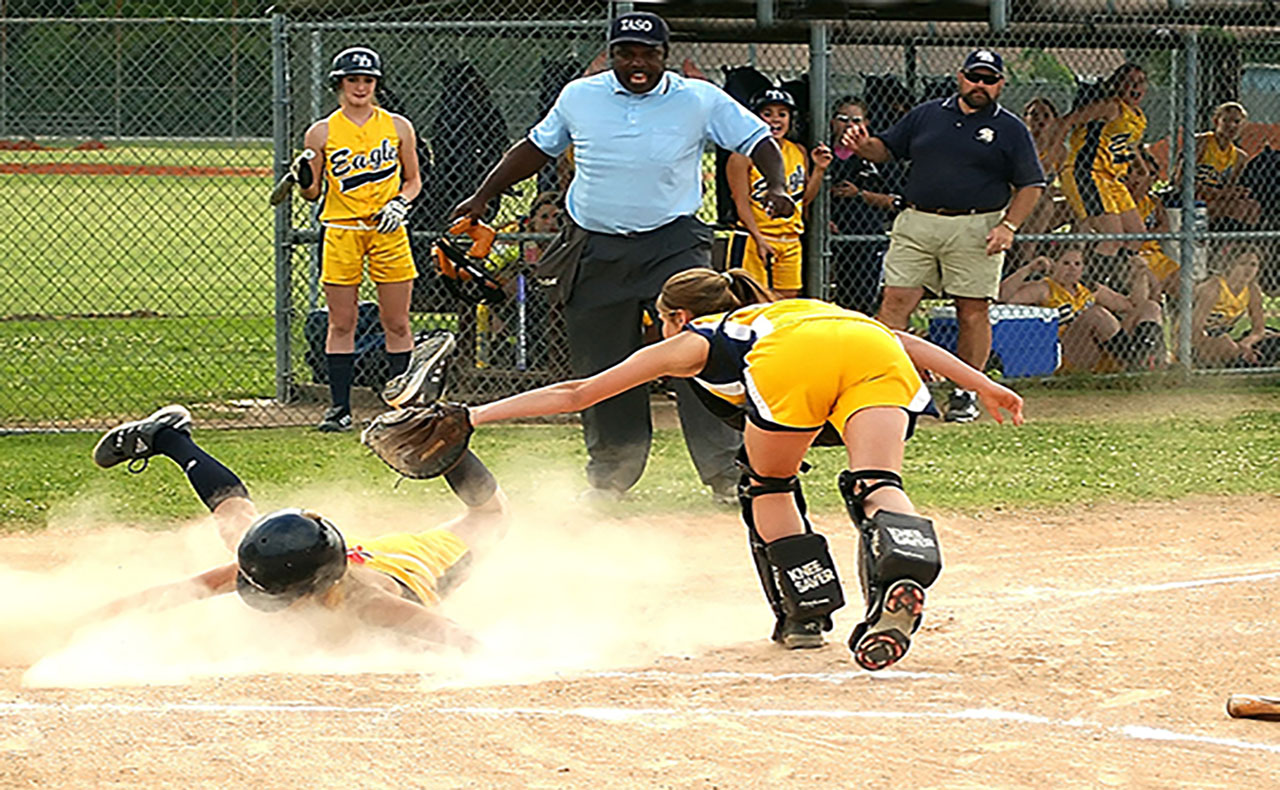Overcoming Performance Errors with Resilience

Published
A common occurrence that all athletes encounter is performance errors. All athletes make mistakes; it is a natural part of learning to be competent at any activity. Since mistakes are normal, it is beneficial to help athletes accept that errors will occur in sport. A unique approach to dealing with performance errors is presented by Halden-Brown (2003). In her book, she addresses the normalcy of making mistakes in sport and how coaches can use these errors to train athletes both physically and mentally. I propose that teaching athletes about resilience will facilitate their ability to accept mistakes and use these errors as a catalyst for optimizing performance.
In a book on mental training in softball, the authors delineate five principles of performance excellence (Solomon & Becker, 2004). While set in the context of fastpitch softball, these principles can easily be applied to any competitive setting. The fifth principle, Resilience, is the key to overcoming performance errors. Simply stated, resilience is the ability to remain composed, confident, and consistent in the face of errors. A resilient athlete is one who can let go of errors and return to the present; s/he uses the error as an opportunity to learn and improve. The athlete who is not resilient will dwell on the mistake, be unable to stay in the present, and their performance will be inconsistent.
Solomon and Becker (2004) created a four-step process which athletes can use to deal with performance errors. The sequence is as follows.
A = Acknowledge the error and the frustration it has caused
R = Review the play and determine how and why the error occurred
S = Strategize a plan to make the necessary corrections for the future
E = Execute and prepare for the next play
The ability to overcome performance errors is a skill that any athlete can learn. Teaching athletes this sequence will give them a tool for managing the emotional response which comes with making mistakes and help them to get their ARSE in gear!
Halden-Brown, S. (2003). Mistakes worth making: How to turn sports errors into athletic excellence.Champaign, IL: Human Kinetics.
Solomon, G., & Becker, A. (2004). Focused for fastpitch: 80 drills to play and stay sharp. Champaign, IL: Human Kinetics
Share this article:
Published in:




